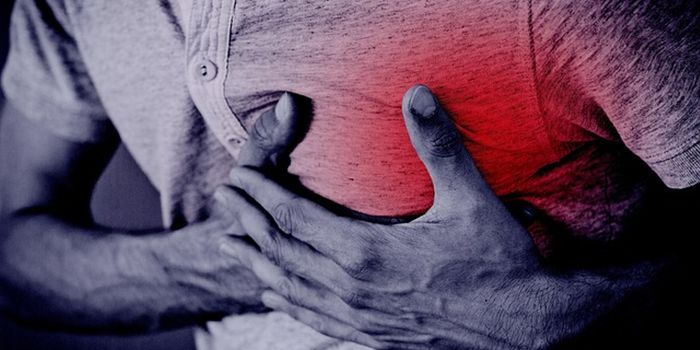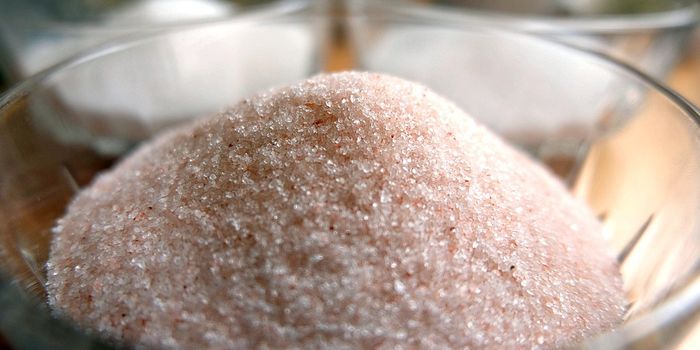The 'Man-Flu' is Real, Apparently
A new study that claims the “man-flu” is real, is undoubtedly making some men feel vindicated while drawing numerous eye rolls from their female counterparts.
In recent times, the term “man-flu” has gained so much popularity that it’s won a formal definition in both the Oxford and Cambridge dictionaries. There, the condition is defined as “a cold or similar minor ailment as experienced by a man who is regarded as exaggerating the severity of the symptoms.” In essence, what a female may consider to be a common and mild illness, a man afflicted with the “man-flu” would deemed to be life-threatening. Of note, the condition isn’t strictly limited to the flu. In fact, it more commonly refers to colds and other minor illnesses.
Perhaps fed up with the injustice of this colloquial diagnosis, Dr. Kyle Sue, a researcher from the Memorial University of Newfoundland in Canada, attempted to set the record straight with hard scientific evidence.
"It's a frequently heard stereotype," said Dr. Sue. He hoped his research would “provide evidence for men around the world to defend themselves."
On a quest to vindicate men everywhere accused of being “wimps” or “crybabies,” Dr. Sue combed through the available literature that reported on health and immune conditions between the sexes.
In these studies, Dr. Sue found evidence of what he terms an “immunity gap,” which refers to immune differences between males and females.
"There are a couple of studies that show women having more local and systemic reactions to the flu shot than men," he said. In addition, he suggests that women may be "more responsive to vaccinations than men."
"Epidemiologic data from Hong Kong showed that adult men had a higher risk of hospital admission for flu," he added. Men just may be biologically cursed with a weaker immune system than their female counterparts.
Indeed, a previous study found that estrogen, also known as the female hormone, has protective qualities against the flu virus. And while men also have estrogen, their levels are not high enough to offer protection in males.
Men have to deal with a double whammy when it comes to hormones and immunity, argues Dr. Sue. In addition to not being able to reap any protection from estrogen, the male hormone testosterone could make them more likely to get sick. "It is not commonly known that testosterone is immunosuppressive," Dr. Sue explained, "one study has found that men with higher testosterone levels had less of an antibody response to vaccination."
The overall conclusion? Diagnosing men with the “man-flu” is not only unfair to this half of the world’s population, but it could prevent men from getting the care they need.
"The concept of man flu, as commonly defined, is potentially unjust. Men may not be exaggerating symptoms but have weaker immune responses to viral respiratory viruses, leading to greater morbidity and mortality than seen in women,” Dr. Sue said.
So how likely are we to have a societal shift in the treatment of men afflicted with the cold or other common illnesses? If the increased sensitivity shown towards women surrounding premenstrual syndrome and menstrual cramps is any indication, there’s hope for men too.









